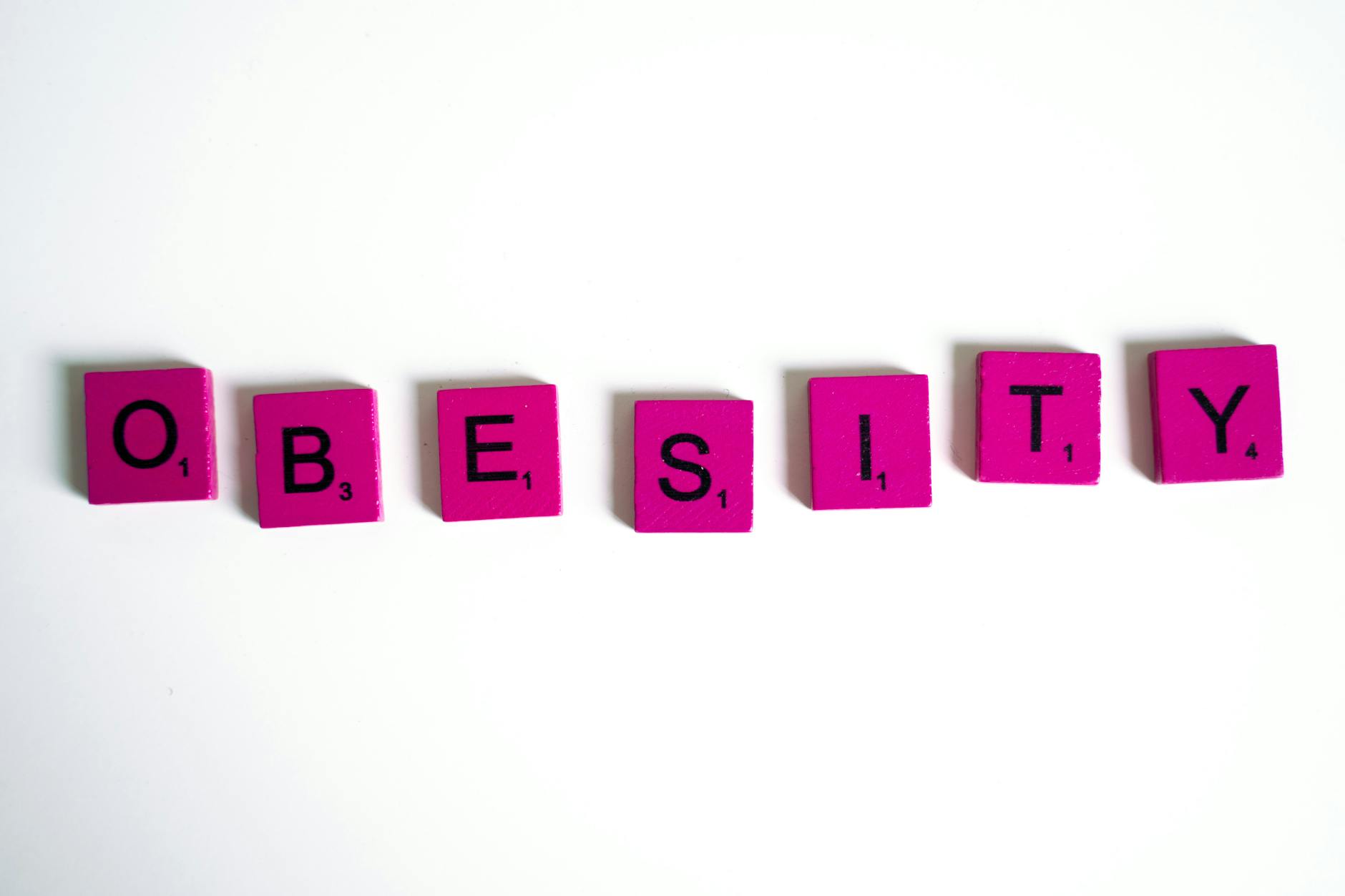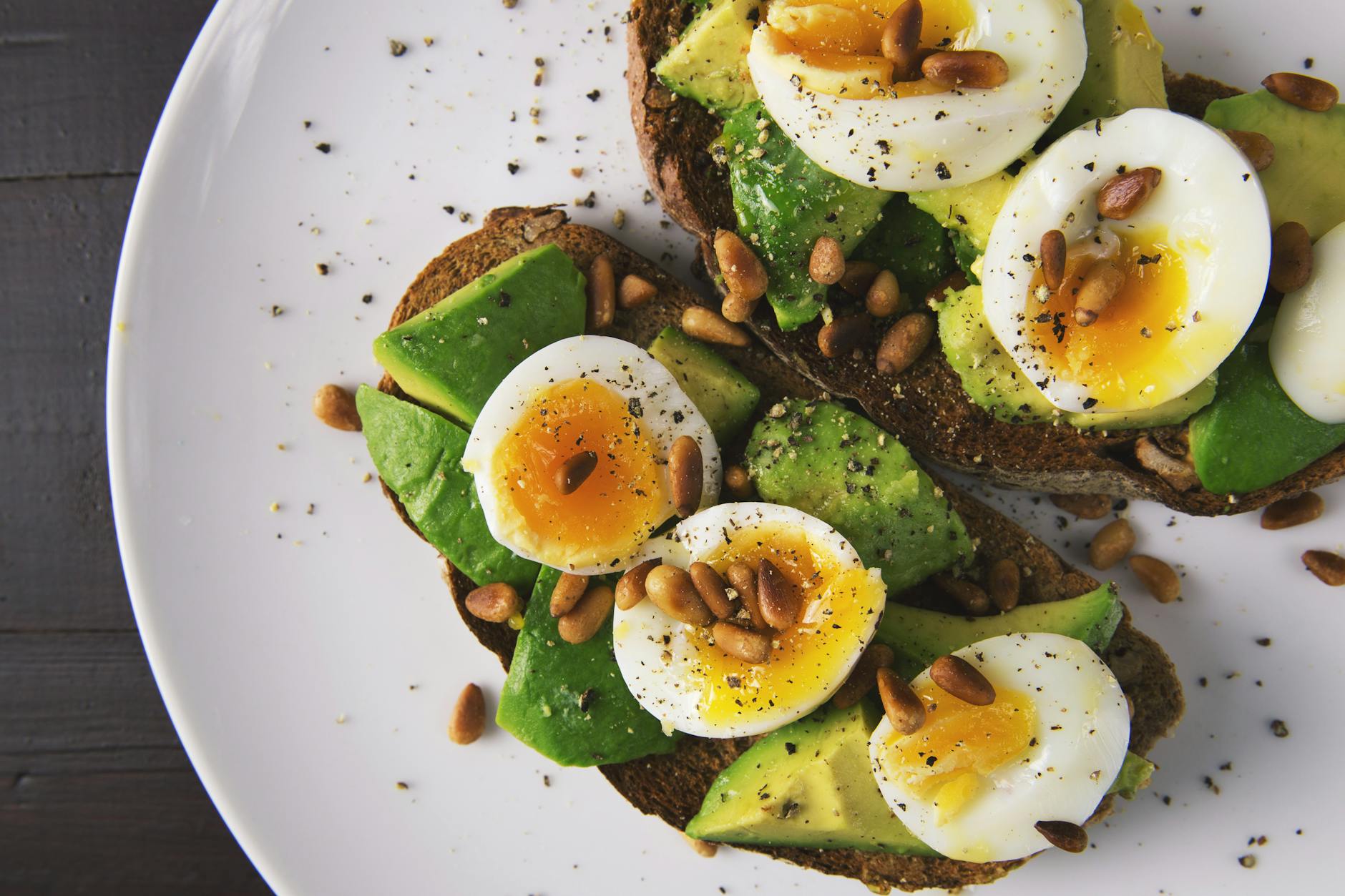As you age, your body undergoes many changes, and you may need to adapt your lifestyle to maintain your health. A well balanced diet and regular physical activity can contribute to excellent health at any age. Making healthy lifestyle choices may also help to prevent diabetes, heart disease, and certain malignancies.
Health suggestions include:
Diet that has high-fiber foods like whole grain bread and cereals, beans, unsalted nuts and seeds, dark-colored vegetables (such as green beans), and fruits.
Avoid fried meals. Instead, choose broiled, grilled, or boiling.
To help keep your bones strong as you age, consume vitamin D-fortified low-fat or fat-free milk, milk products, or nondairy soy, almond, rice, or other liquids enriched with vitamin D and calcium.
Drink fluids all day. As you age, you may feel less thirsty, but your body requires fluids to maintain health and regularity.
Consult your doctor about whether or not you can safely start or increase your physical activity.
Choose the exercise routine that you enjoy and can perform alone, with a friend, or in a group.
Stay in touch with family, friends, and your community.
Learn how to keep healthy and fit for yourself and your loved ones!

Healthy weight.
Why is maintaining a healthy weight important?
Your body changes with age. For example, if you are less active, your muscles may not function as well, which can reduce your strength. You may also burn less calories, particularly if you do not engage in any physical exercise. If you consume more calories from food or beverages than your body expends via physical exercise and daily living, your body may store the excess calories, resulting in weight gain. Excess weight can lead to being overweight or obese.
Being overweight may raise your risk for
- Type 2 diabetes.
- Heart illness and stroke.
- High Blood Pressure
- High blood cholesterol.
- Kidney disease.
- Fatty Liver Disease
- Certain kinds of cancer
- Alzheimer’s disease and related dementias
What constitutes a healthy weight for me?
Two measurements might help you assess if you are a healthy weight.
BMI: Body mass index is a measurement of your weight in relation to your height. You can easily find online app to calculate your BMI.
Experts recommend that older persons have a BMI of 25 – 27, which is slightly higher than the recommended range of 18.5 – 24.9 for younger adults. On the other hand, certain persons, particularly elderly folks, can have a healthy BMI while nevertheless having excessive body fat. That is why it is also necessary to measure your waist circumference.
Waist Size: Your waist size is a measurement that may indicate whether you have too much body fat. Women with waist sizes greater than 35 ” and males with waist sizes greater than 40 ” may be at a higher risk of developing health issues.
Being underweight might also be a health risk for elderly persons.
This could indicate that you.
- Have a higher risk of frailty and bone loss.
- You are not eating enough calories to maintain your weight.
- Don’t have access to adequate food or meals that match your nutritional demands.
- Have a sickness or medical condition.
- Maintaining a healthy weight may benefit your health. Your optimal weight may be higher than that of a younger person.

Healthy Eating
What types of meals and beverages should I consume as I age?
As you become older, your body requires fewer calories but just as many nutrients. So, you should prioritize consuming nutrient-dense foods. Nutrient-dense foods provide a high concentration of minerals, vitamins, and other nutrients in a small amount of calories.
Eat more nutrient-dense meals and beverages. Seniors should “consume foods from the “rainbow” since they are rich in nutrients.
They are
- Fruits and vegetables
- Whole grains, such as oats, whole grain bread, and brown rice.
- Fat-free or low-fat milk, milk products, or nondairy soy, almond, rice, or other drinks with additional calcium and vitamin D.
- Seafood, lean meat, eggs, and poultry.
- Peas, beans, peas, unsalted nuts, and seeds, if you tolerate and are not allergic
Consume fewer of these meals and beverages. Some meals and beverages are high in calories yet contain few of the key elements your body needs. Added sugars, solid fats, and salt, all of which can be found in packaged foods, are high in calories but low in nutrients.
Limit the following foods and beverages:
- Sugar-sweetened beverages and meals
- Foods containing solid fats—butter, lard, margarine, and shortening
- foods rich in added fat (such as butter or lard) and salt (sodium)
How can I maintain a healthy eating regimen?
The amount of food and drink you should take daily is determined by your weight, gender, age, metabolism, and level of activity. In general, men require more calories than women. Younger folks require more calories than adults in their middle and later years.
Control portion sizes. A portion is the amount of food or drink you take in a single sitting. Knowing your food quantities, serving sizes, and frequency of consumption will help you make healthier food and beverage choices.
Many people overeat, particularly when eating out or ordering takeout.
Try these suggestions.
- Remember that restaurants usually provide more than one portion. If there is more than one dish, take it home or save it for later.
- When dining out or ordering takeout, share a meal with a buddy or keep half of your portion for another meal.
- Avoid eating while watching TV, using your smartphone, or using any other gadget. If you’re distracted, you may not realize how much you’re consuming.
- Consume your food and beverages slowly, savoring all of the flavors.
The Nutrition Facts label indicates how many calories and servings are in a box, container, or can. The label also indicates how many nutrients, such as fat, protein, carbs, fiber, salt, and sugar—including added sugars—are present in one serving of food. You can use this information to make healthier dietary choices.
Plan out your meals and snacks ahead of time. Planning ahead of time may make it easier to eat nutritious meals and snacks.
Try these suggestions.
- Cook ahead of time and freeze food for those days when you don’t want to cook.
- Keep low-sodium frozen or canned vegetables and beans on hand for easy and nutritious meal additions.
- Store frozen or canned fruits in juice for snacks and meals.
- Try to eat with someone who has the company you enjoy.
- If you are unable to prepare for yourself, contact local programs that offer meal delivery in your region.
- Don’t skip meals. This may cause you to feel hungrier later.

Healthy Eating Tips
Vitamins and minerals for older adults
Vitamins and minerals are nutrients that assist your body remain healthy and function properly. Many different vitamins and minerals work together to help you obtain energy from food. Following a healthy eating plan increases your chances of getting all or most of the vitamins and minerals you require from the foods and beverages you consume.
Getting adequate vitamins B6, B12, D, and folate is thought to be essential for good aging. Consult your healthcare provider about the vitamins you require. Depending on your dietary habits and health status, your doctor may recommend a supplement to help you obtain the vitamins and minerals you need.
Learn more about vitamins and mineral supplements.
Consuming nutritious foods and beverages on a fixed or limited salary or budget can be extremely challenging. Here are some suggestions that may assist.
Purchase store brands of whole-grain bread, pasta, cereals, and other nutritious goods.
Keep your eye on weekly sales flyers and use coupons or apps to prepare healthful meals and snacks at a reduced cost. Eat what is in season for the best prices on fresh vegetables and fruits.
Buy canned or frozen vegetables that are low in salt. They are healthful, inexpensive, and easily stored until needed.
Apply for the USDA’s Supplemental Nutrition Assistance Program (SNAP).
Consider participating in food voucher programs run by places of worship or food banks to increase your access to healthful foods and beverages.
